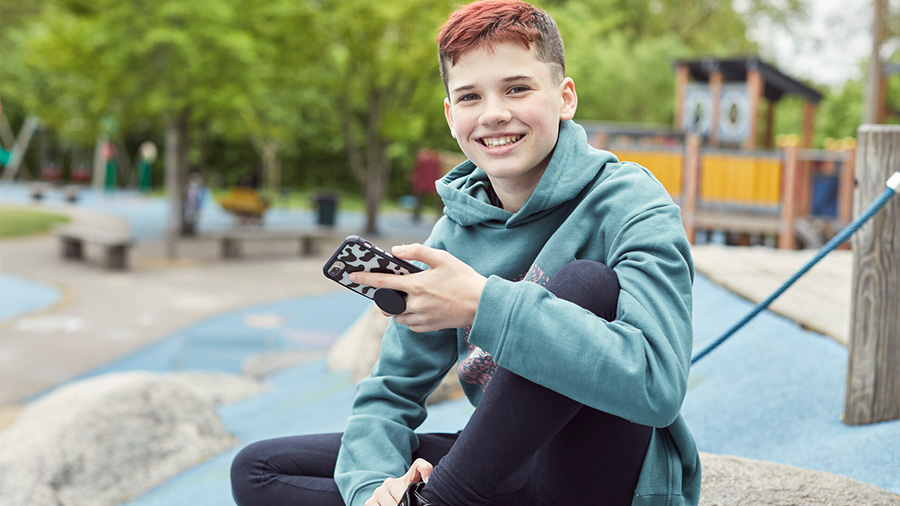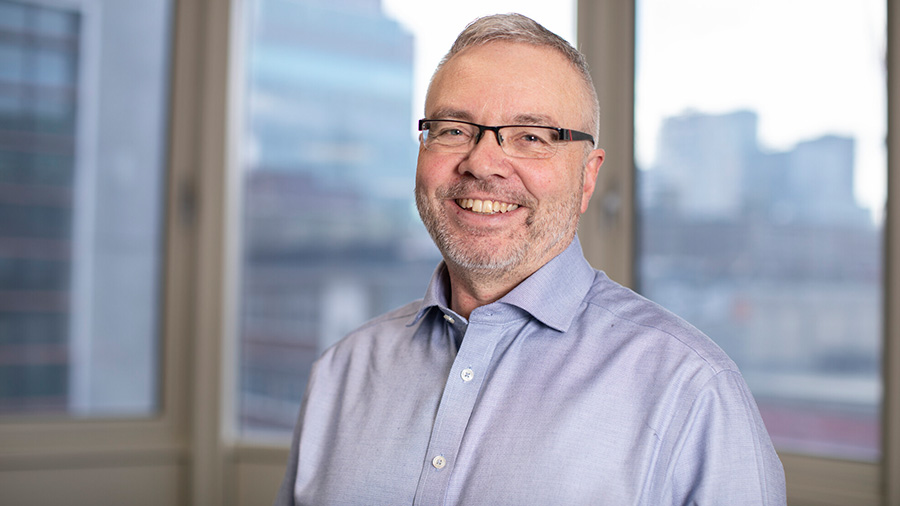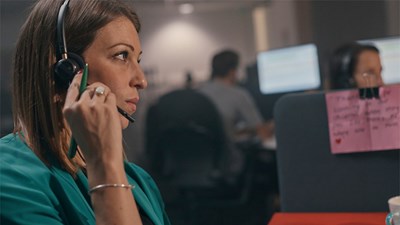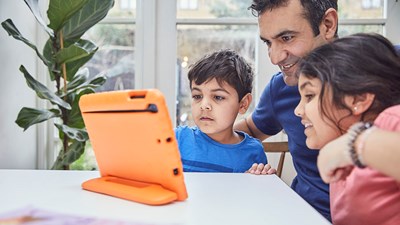After years of campaigning, the Online Safety Bill will soon be made a law, and will help protect children from online abuse

- The legislation will finally require tech companies to make their sites safe for children by design.
- It marks a new era for children's safety online at a time when online grooming, child abuse image crimes are at an all-time high.
- CEO Peter Wanless urges tech companies to seize the opportunity offered by regulation.
- People who have experienced child abuse online tell how the Online Safety Bill will address further preventable harm to countless other children.
Today, the Online Safety Bill has been passed and will soon become a law. This is a ground-breaking piece of legislation that will radically change the landscape for children online.
We have followed the Online Safety Bill during its long journey through parliament, helping strengthen the Bill and make sure it results in regulation that comprehensively protects children online. The Online Safety Bill was published in May 2021, and has been subject to robust scrutiny and debate by MPs, Lords and civil society.
At our 2018 annual conference, the government first promised regulation to help protect children online. Now, after years of campaigning, tech companies will now have a legal duty to protect children from sexual abuse and harmful material on social media sites, gaming apps, and messaging services.
The Online Safety Bill will mark a new era for children’s safety at a time when online child abuse is at a record high, and harmful content on social media is extremely prevalent.





